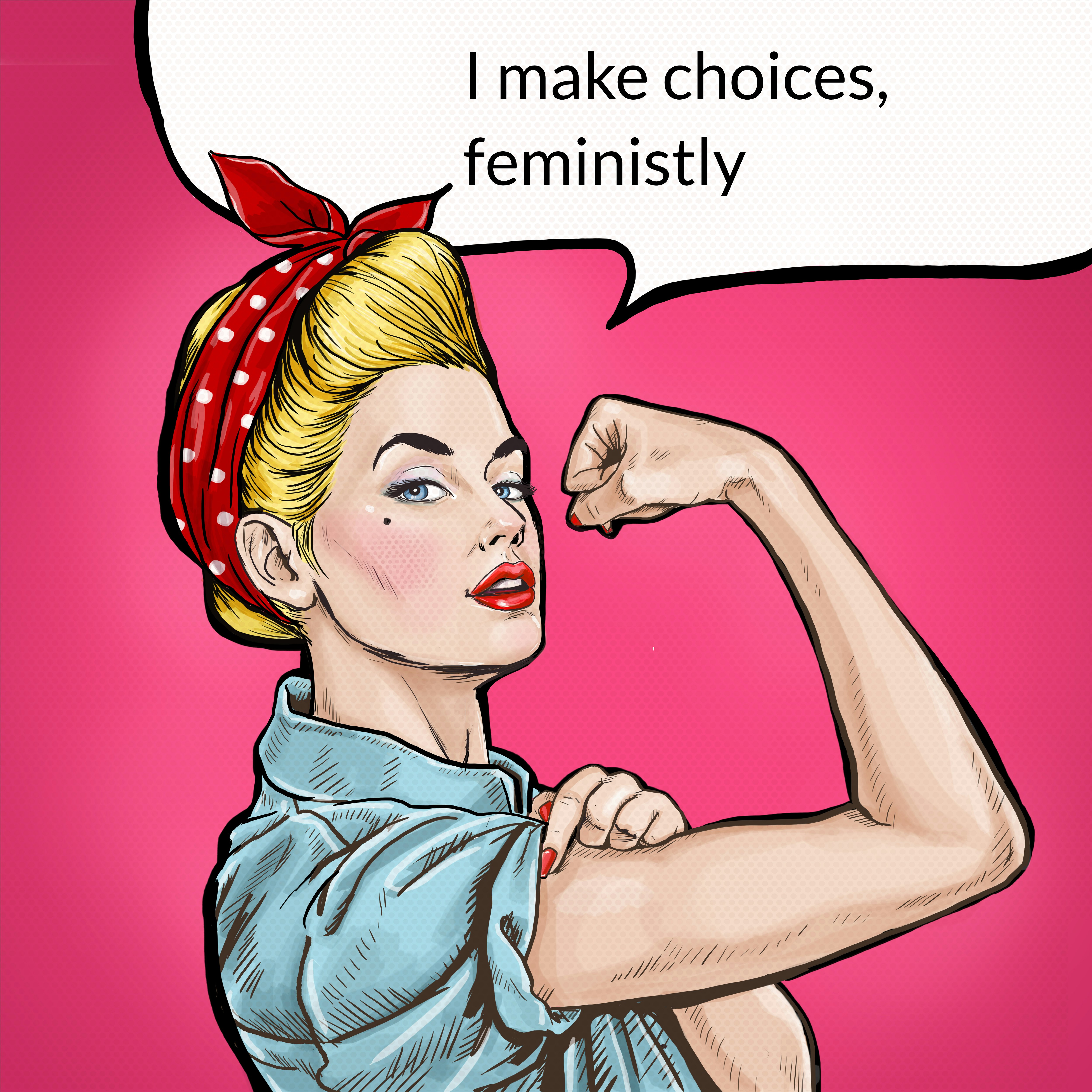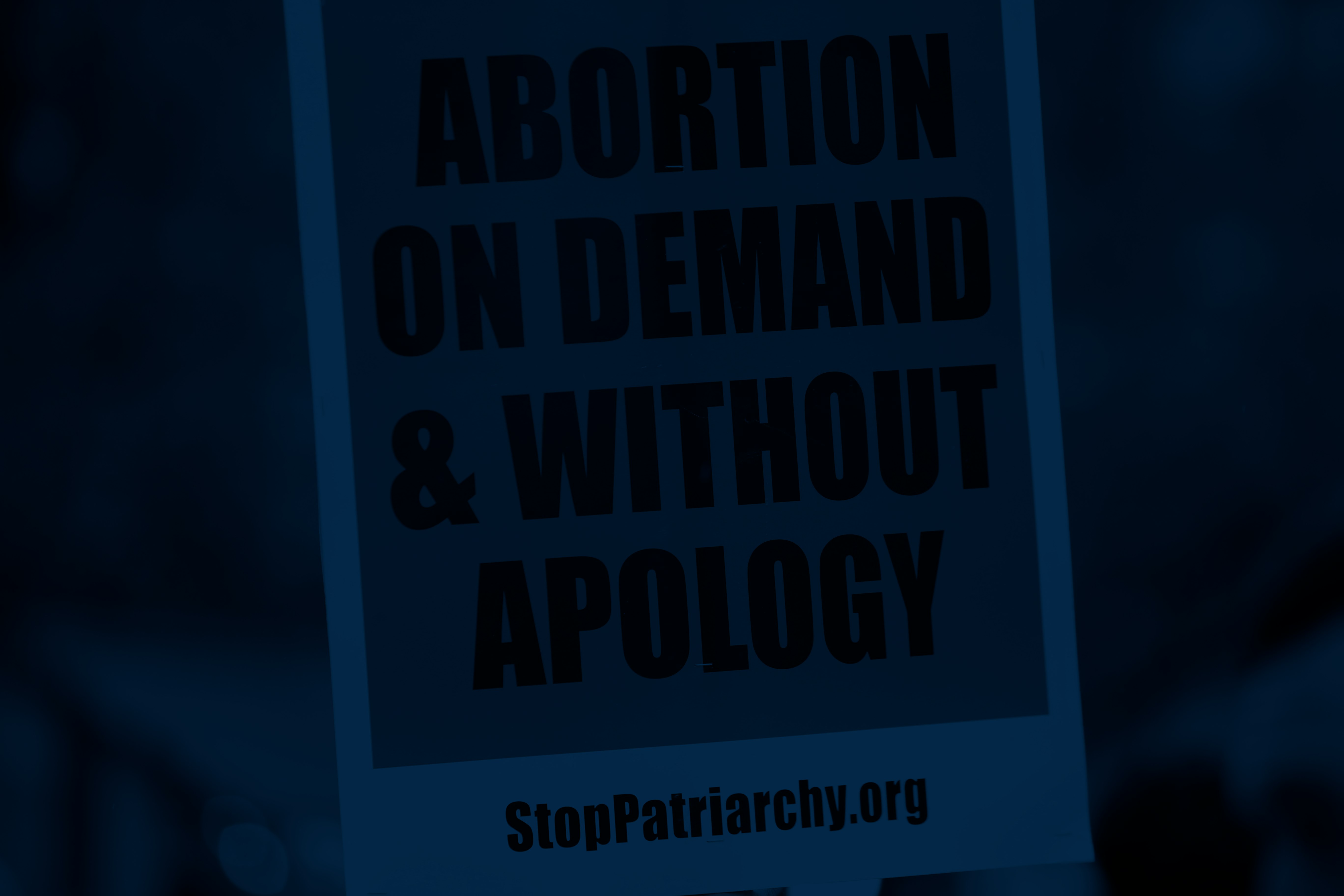Last July, ProPublica journalist Jessica Huseman spent a long Twitter thread condemning readers of a North Jersey newspaper who copy-and-pasted articles into Facebook comments to help others evade the paper’s paywall. “This is stealing,” Huseman wrote. “I am tired of journalists around the country working their asses off and folks thinking that is free.”
This sentiment is common in journalistic circles. On this past Election Night, Nieman Foundation head Ann Marie Lipinski admonished readers to pay for the source of their political news: “That bourbon you’re drinking isn’t free, and neither is journalism. Thank you.” Last month, Bankrate journalist Adrian D. Garcia said that complaining about paywalls is as “dumb” as assuming that Netflix should be free. Such self-righteous and smarmy tweets often garner a flood of approving replies from fellow journalists and encouragement from admiring readers, who proudly catalogue their subscriptions: The New York Times, The Washington Post, public radio stations, etc.
If you’re relying on a newspaper or news site to tell you what’s happening in the elections, I hope you’re paying them for that important work. That bourbon you’re drinking tonight to celebrate or mourn isn’t free, and neither is journalism. Thank you.
— Ann Marie Lipinski (@AMLwhere) November 6, 2018
Implicitly or explicitly, these reporters perpetuate the notion that readers are in part responsible for the dire straits of the media industry. But the problem with journalism isn’t that people aren’t paying for news — it’s that newspapers and outlets are being decimated and dismantled by hedge funds, venture capitalists, and tech companies in search of profit. In short, it’s capital ceaselessly looking to expand itself at the expense of its workforce. See: BuzzFeed firing 15 percent of its staff last month even though the company’s revenues are growing — just not by enough. Or consider the Denver Post, where hedge fund owners Alden Global Capital have continually cut staff positions — including eliminating 30 last year — despite steady profits at its Digital First Media chain, which includes the Post.
So it’s tiring to see people like Mother Jones’s Clara Jeffrey urging readers to “support the news organizations you value” in response to recent layoffs at BuzzFeed, the Huffington Post, Gannett, and Vice. (These kinds of overtures are often preaching to the choir, anyway. Many readers already are supporting journalism financially, and those who aren’t may have a reason for it besides apathy. Despite journalism’s great capacity for good, it has a legacy of harm, too — could we blame people from communities of color, for example, for not wanting to pay for mainstream outlets that have long contributed to pigeonholing them as criminals?)
Layoffs at Gannett, Verizon/Oath/HuffPo, Buzzfeed. Another bad bad day for journalism. Support the news organizations you value.
— Clara Jeffery (@ClaraJeffery) January 23, 2019
It’s understandable that journalists are frustrated. The work is hard, salaries are low, and almost every publication must function in the face of its own mortality. But even if reader support were the solution to making journalism profitable again, these smug tweets would still be missing a fundamental point. Huseman, Lipinksi, and Garcia want you to get through your head that journalism, just like bourbon and Netflix, isn’t free. This is not journalism’s fault, they say, it’s just how the world works; it’s dumb to think otherwise.
But we beg to differ. Because journalism should be free.
To subject the distribution of your work to the workings of the market is unreasonable — if you think your work matters, that is. If journalists really believe that what they do is a public good, they should make sure that it is accessible to as many people as possible, not just those who can afford subscriptions to a half-dozen newspapers. It’s understandable, under capitalism, to believe that consumers’ money is what gives your work value.
But there’s ostensibly a reason we’re sticking it out in this cursed field. When we produce investigations into public corruption, or publish articles that help readers learn more about the institutions from which they seek housing, health care, and education, we should want our work to have the widest audience possible. And that includes people without extra disposable income to toss at paywalls.
Perhaps the dream that free journalism can coexist with sustainable journalist salaries is unreasonable. But a functional paywalled model has now proven to be as much of a pipe dream as anything, and there are reasons to believe that free journalism models work. Conventional wisdom suggests that people won’t pay unless it’s the only way they can get access, but actual data shows the opposite. Last January, the University of Texas at Austin surveyed 900 Chicagoans about their local news consumption, and found that respondents were more willing to give a $10 donation to support a free news site than pay $10 for a subscription to access premium content. This preference was consistent among varying demographics across the city. (The study was conducted in partnership with nonprofit news organization City Bureau, where we both have worked as reporting fellows.)
Some people and outlets are experimenting with these kinds of models on a small scale. Tim Carmody, a freelance journalist and editor, launched a newsletter about Amazon last week. He gave two options to subscribers, free and paid ($5 a month), and tweeted that he’d make the newsletter publicly available if 200 people chose to pay. Two days later, he’d amassed 300 paid subscribers, about ten percent of the total number who signed up. Carmody previously wrote an extensive case for this kind of model, which he describes as “unlocking the commons.” Under his system, a tier of paying patrons ensure that everyone has access to a shared good. As he puts it, “Free-riders aren’t just welcome; free-riding is the point.”
The Correspondent, a Dutch news site that recently expanded to the U.S., wrote a post this past November explaining why they were introducing a “pay-what-you-can” model. Their argument hinged precisely on the idea of expanding accessibility: a fixed-price subscription model “makes an affordable product to some into an unaffordable luxury good to others.”
Any system that prioritizes free journalism will likely end up achieving that end through a patchwork set of measures. (There’s also, for instance, the possibility of setting up city-operated newspapers.) And it may be true that holding fast to the principle of journalism as a public good is incompatible with the demands of the market. But instead of capitulating to the demands of capital, we should be thinking about how our social and political worlds prioritize profiteering above all else, and how we might move beyond that.
This is a depressing moment for… well, everything, but also journalism. Watching talented reporters get laid off is heartbreaking, infuriating, and despair-inducing. Out of the ashes, new ideas for sustainable, impactful journalism are bound to emerge. The best ones will acknowledge that journalism should be free.
Mari Cohen is a Chicago-based freelance journalist and editor. She also runs a free journalism workshop series at the South Side Weekly.
Christian Belanger is a reporter and editor at the South Side Weekly, a free weekly newspaper in Chicago.














